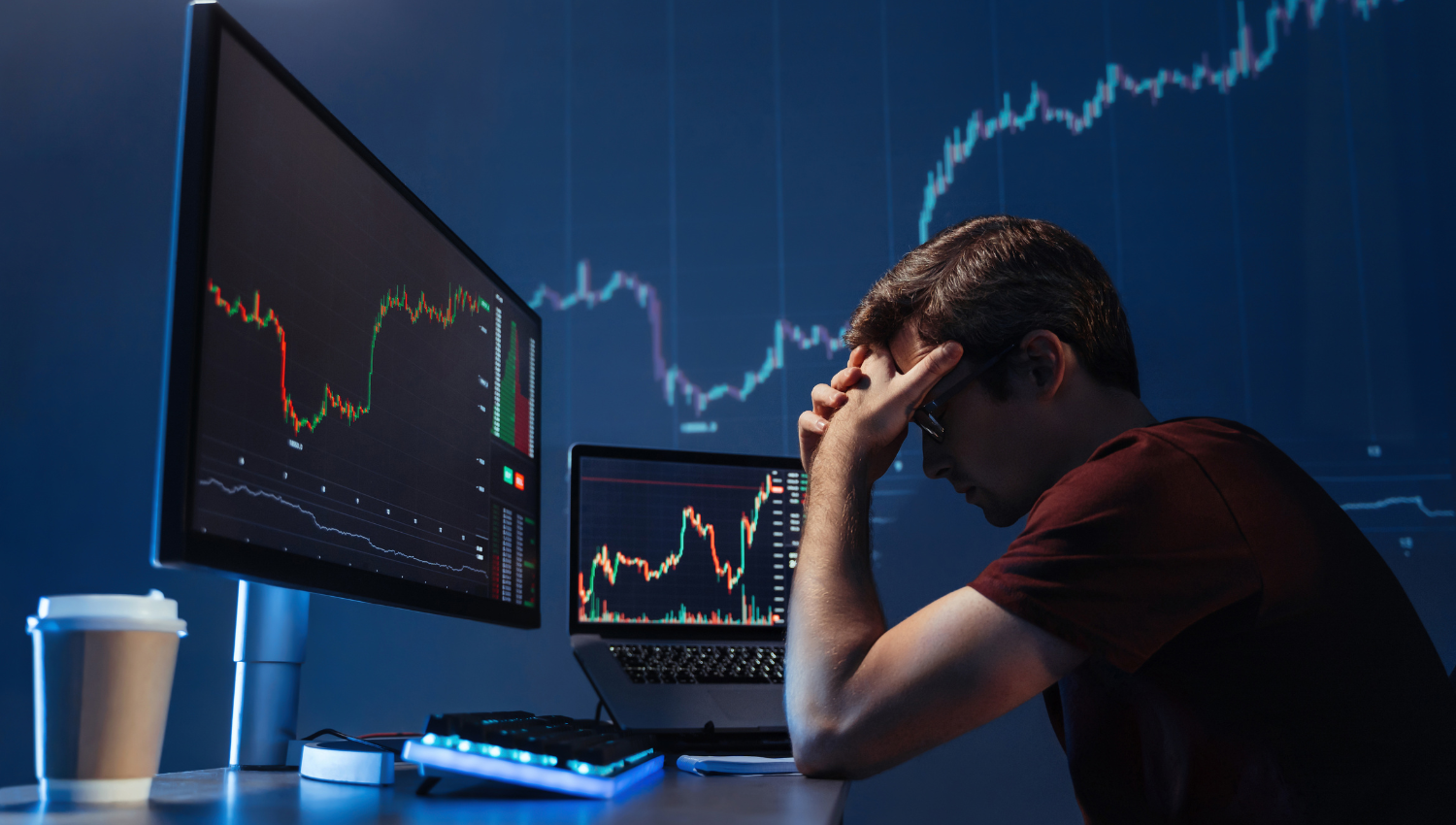Managing Emotions in Forex Trading: A Key to Success

Introduction
Forex trading is a high-stakes financial venture that demands more than just knowledge of the markets and analysis tools; it requires a strong ability to manage one's emotions effectively. Emotions, if left unchecked, can lead to impulsive decisions, erratic trading behavior, and significant financial losses. In this article, we will explore the importance of managing emotions in forex trading and offer practical strategies to help traders navigate the complex world of foreign exchange with emotional resilience.
The Role of Emotions in Forex Trading
Emotions are an integral part of human nature, and they inevitably come into play when trading forex. Some of the most common emotions experienced by traders include fear, greed, excitement, and anxiety. These emotions can have a profound impact on trading decisions, often leading to suboptimal outcomes.
1. Fear: Fear of losing money is one of the most prevalent emotions in forex trading. Traders who are overly fearful may hesitate to take necessary risks or prematurely exit profitable positions, missing out on potential gains.
2. Greed: On the flip side, greed can drive traders to take excessive risks, over-leverage their accounts, and chase unrealistic profits. This can result in substantial losses when the market reverses.
3. Excitement: Overexcitement can lead to impulsive trading decisions, causing traders to abandon their carefully crafted strategies and make emotional, erratic choices.
4. Anxiety: Constantly checking the markets and being anxious about each price fluctuation can lead to exhaustion and burnout, impairing one's decision-making ability.
Strategies for Managing Emotions in Forex Trading
1. Develop a Trading Plan:
A well-structured trading plan is a trader's best defense against emotional trading. It should include entry and exit points, risk management strategies, and a clear set of rules to follow. When emotions start to surface, referring to the trading plan can help maintain discipline.
2. Practice Risk Management:
Determine how much capital you are willing to risk on each trade and stick to it. Implementing stop-loss orders can help limit potential losses, easing anxiety and fear.
3. Keep a Trading Journal:
Maintain a detailed record of your trades, including the rationale behind each decision. This journal can serve as a valuable tool for self-reflection and learning from past mistakes.
4. Trade with Disposable Income:
Never trade with funds you cannot afford to lose. Trading with disposable income reduces the emotional pressure associated with potential losses.
5. Set Realistic Goals:
Establish achievable and realistic trading goals. Avoid setting overly ambitious targets that could lead to excessive risk-taking.
6. Embrace Losses as Part of the Game:
Accept that losses are an inherent aspect of forex trading. Instead of dwelling on them, focus on learning from mistakes and improving your strategy.
7. Practice Mindfulness and Meditation:
Engage in mindfulness and meditation exercises to stay calm and centered during trading sessions. These techniques can help manage stress and anxiety.
8. Take Breaks:
Avoid overtrading by taking regular breaks from the markets. Stepping away from the screen can prevent impulsive decisions made in the heat of the moment.
9. Seek Support and Education:
Consider joining a trading community or seeking guidance from experienced traders. Education and support can help you gain confidence and reduce emotional distress.
Conclusion
Managing emotions in forex trading is a critical factor in achieving success and maintaining a healthy trading mindset. While it's impossible to completely eliminate emotions from trading, developing strategies to control them is essential. By following a well-defined trading plan, practicing risk management, and prioritizing emotional well-being, traders can navigate the often turbulent waters of the forex market with greater confidence and resilience. Remember, successful forex trading is not just about predicting market movements but also mastering your own psychology.

